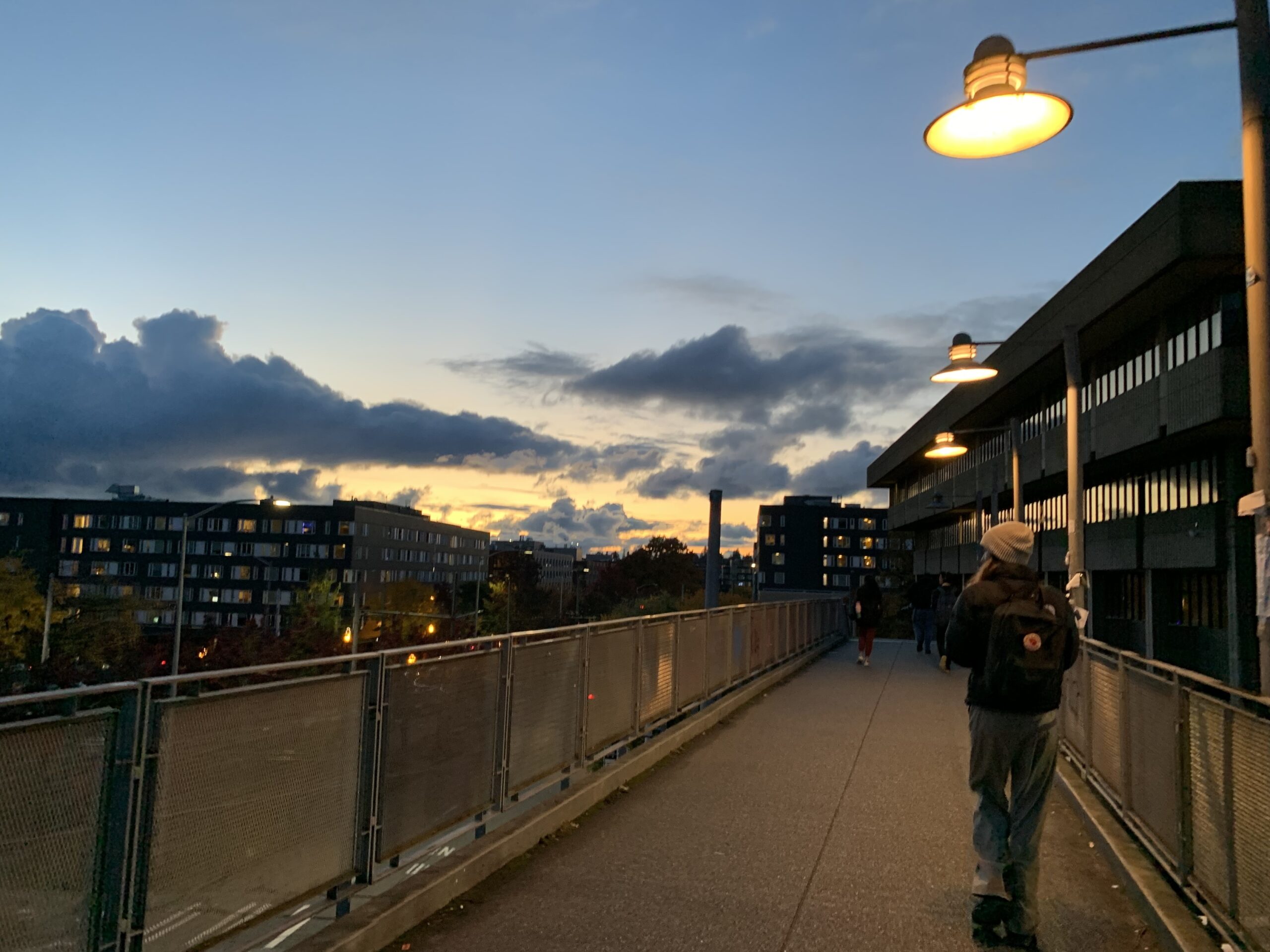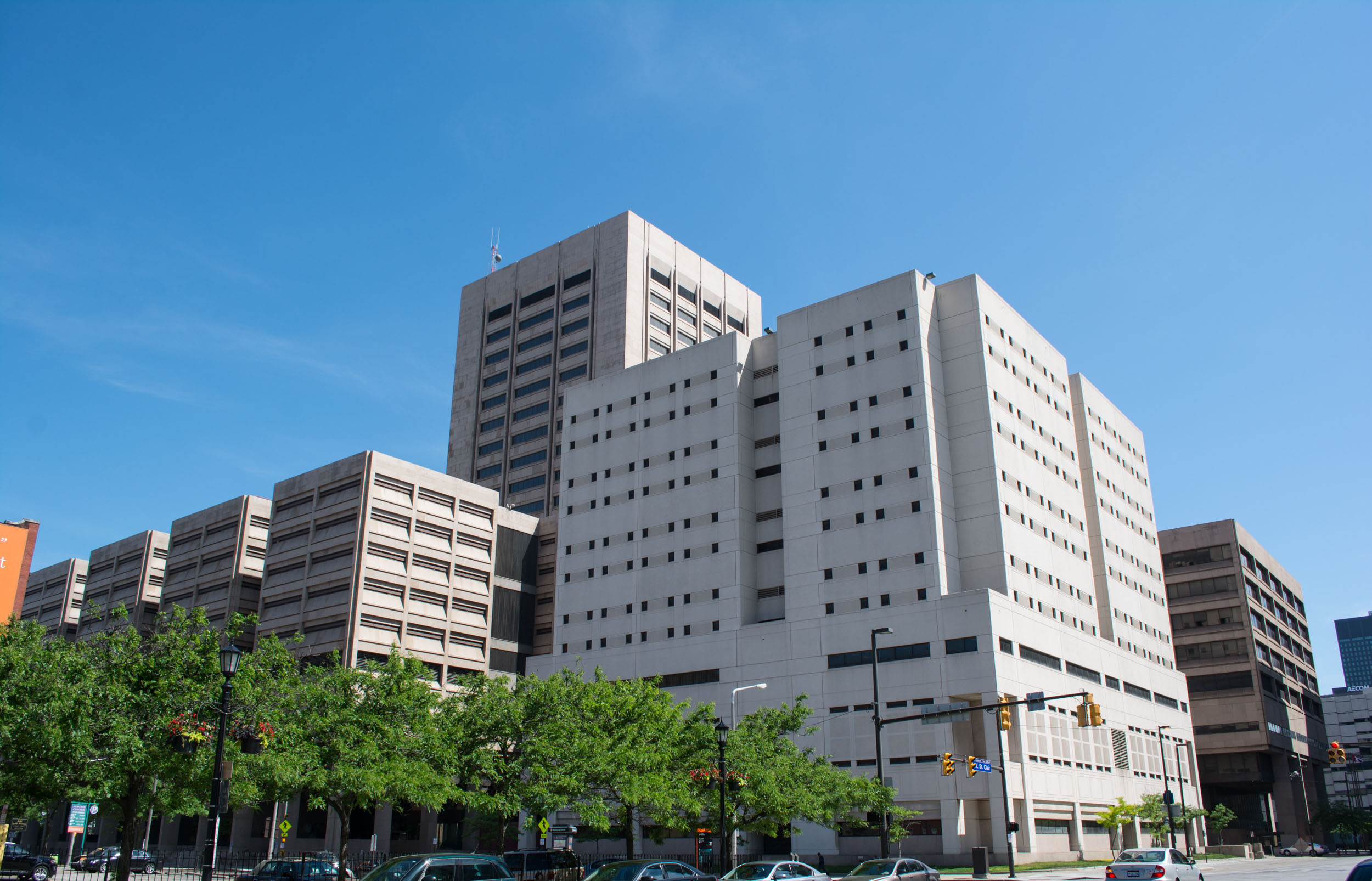(MONTREAL) — As U.S. politics swing from right to left, President Joe Biden confronts the same sore-spot of U.S. communications law as his predecessor: Section 230. I sit down with Santa Clara Law’s Alyssa Aguilar, a colleague of well-known Section 230 activist Jess Miers, to understand more about this controversial subsegment of the Communications Decency Act of 1996.
Together, we discuss Section 230 — why it’s ruffled conservative feathers and why we should know about it.
Is Section 230 important to maintaining the Internet as we know it? Could you explain what Section 230 is in layman’s terms?
Put simply, Section 230 states that websites are not liable for the content they did not create. For example, if I Tweet something defamatory about you, you would only be able to hold me legally liable, not Twitter itself. Additionally, we, as users, are not liable for others’ posts that we might share or comment on.
Section 230 is important for empowering diverse online communities. The Internet we enjoy today would look quite different if Section 230 was repealed. Of course, the larger tech incumbents would be able to manage as they continue to operate today in markets without Section 230. But smaller companies and market entrants would struggle to deal with major upfront compliance and litigation costs. If you’re a website scared of getting sued into oblivion, you will probably be selective of the user-generated content you allow (if any) because it poses so many risks.

Alyssa Aguilar [left] photographed with well-known Section 230 activist and colleague Jess Miers [middle] and Stapleton [right]. [Credit: Brian Byllesby]
Section 230 is merely a speech-enhancing law of the First Amendment. Oftentimes, the things that upset most people about the online world are things that are fully protected by the First Amendment and would continue to be protected by the First Amendment even without Section 230.
Why do you believe so many people have become opposed to Section 230 in recent years? Do you believe their perspectives to be well-founded?
Section 230 has easily become a scapegoat for anything that goes wrong with the Internet. In many ways, I think we take the Internet for granted.
I absolutely understand why people take issue with Section 230, though. They are upset about unfavorable content, and it can put a damper on their Internet experience. The misinformation that surrounds Section 230 is not helping either, which is why education about the laws that power our fragile online ecosystems is key.
What are your current thoughts and opinions about officials vying to reform Section 230?
It is important to me that policymakers and the general public understand the dire consequences that come with building carve-outs into Section 230, as we’ve seen with the FOSTA/SESTA exemption. I would love to see policymakers work with the experts in these spaces to understand how Section 230 has greatly enhanced our online experiences.

